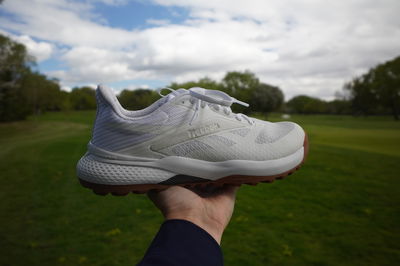Basingstoke Golf Club gears up for new chapter with £15m redevelopment
Basingstoke Golf Club gears up for new chapter by unveiling phased opening of £15million redevelopment.
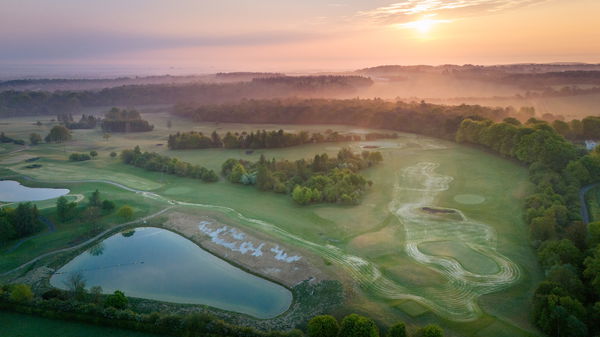
Basingstoke Golf Club has outlined plans for a phased opening period that will begin in June, as the Hampshire venue tees off on its journey to a full reopening following a £15million redevelopment project.
The club, which first opened for play in 1907, relocated to a new site in the village of Dummer in 2021 - acquiring the land that was home to Dummer Golf Club on the outskirts of the town - before development on a new 18-hole championship course began last year.
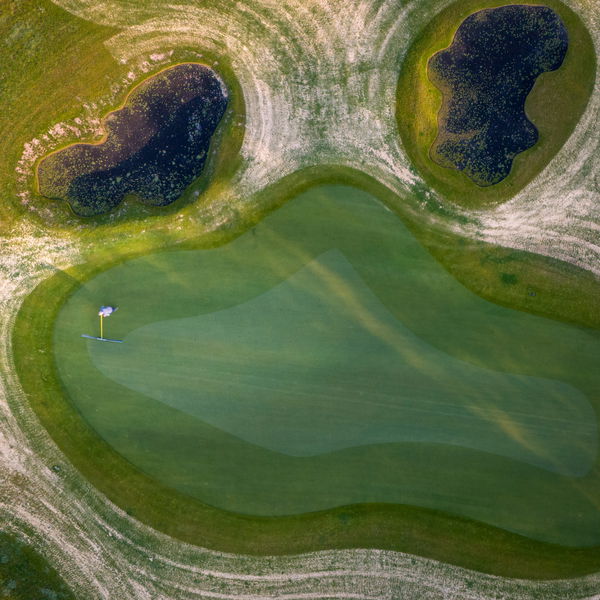
The previous layout at Dummer Golf Club has been totally redesigned by Weller Designs, with the new downland course defined by a series of thrilling and undulating holes that sweep across rolling fairways, with a number of strategically placed water hazards adding to the test.
While the full reopening of the club is pencilled in for September 2025, a soft opening of nine holes on the new course is set to take place in late June, with a full 18 holes expected to be in play by the end of the year.
To complement the stunning golf course, a state-of-the-art clubhouse will open in August before development begins on a new driving range – featuring the latest teaching and ball-tracking technology – along with a short-game area and large putting green. Full practice facilities are planned to be open by early Autumn 2025.
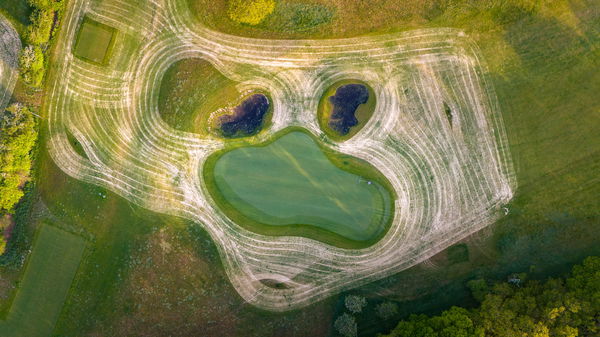
The vision is to create one of the southeast’s premier golf venues, taking the established membership from the old club based at nearby Kempshott Park and building on the club’s rich history to build a new legacy at Basingstoke. The new facilities will enable Basingstoke to regenerate its membership and build for the future, while maintaining the values and standards that have been the foundation of the club for more than 100 years.
David Green, general manager at Basingstoke Golf Club, said: “This is one of the most exciting golf projects in the UK, and it is our shared desire to ensure we develop one of the southeast’s finest member-focused golf clubs with the quality of facilities that match the investment.
“Basingstoke has always been considered one of the region’s most established clubs, but we feel with the substantial investment that is being made we can move it to the next level and beyond.
“This will give the existing members a unique club that will not only have one of the county’s best courses – which will be hugely playable for all abilities – but also include a number of practice and teaching amenities where they can really get the very best from their games and membership. These teaching facilities will also help to attract new and younger players to the game.
“Our planned soft opening in late June will be the start of a very exciting 18 months, and with our new clubhouse opening later in the summer, the club will, I am sure, develop a sense of camaraderie that all great clubs enjoy. The clubhouse will be the perfect spot to unwind pre- and post-round – for members and their families – with a large bar area and comfortable changing rooms. Meanwhile, a function suit will allow us to commercialise in areas we haven’t done so before.”
Sustainability will play a key role in the development and complete rebuild at Basingstoke. Two water lagoons will help to fully irrigate the course, holding a combined 33,500 cubic metres of water. Meanwhile, the implementation of fescue grass and ryegrass will help with wear and tear to keep maintenance work to a minimum.
Scott Roberts, course manager at Basingstoke Golf Club, said: “The water storage that we have from our two lagoons is so important for the future of the club. To be sustainable, we must source water on site and recycle that to irrigate the golf course.
“Meanwhile, our grasses – a mixture of fescue and rye on the main playing areas and creeping bent on the greens – will help meet the standards we expect while being able to handle the traffic the course will no doubt experience. We have also included large areas of long fescue to recreate the native downland landscape as a backdrop to some of the holes.”
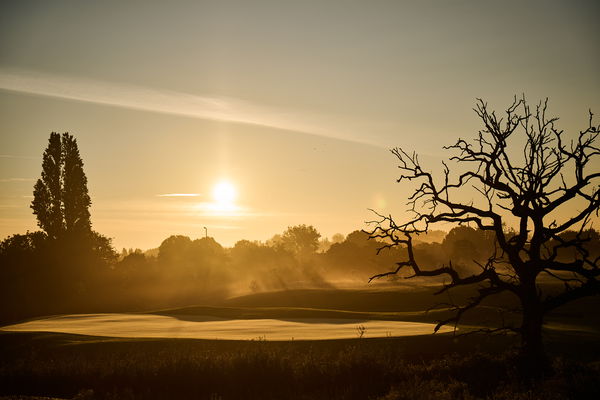
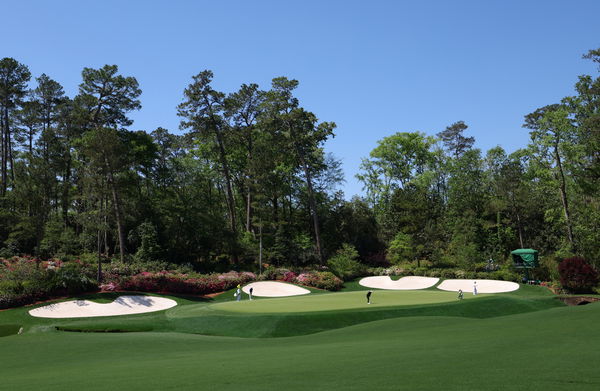

![Balionis interviews McIlroy / Lowry [CBS]](https://cdn.golfmagic.com/2025-04/rory-bali1.jpg?width=400)





